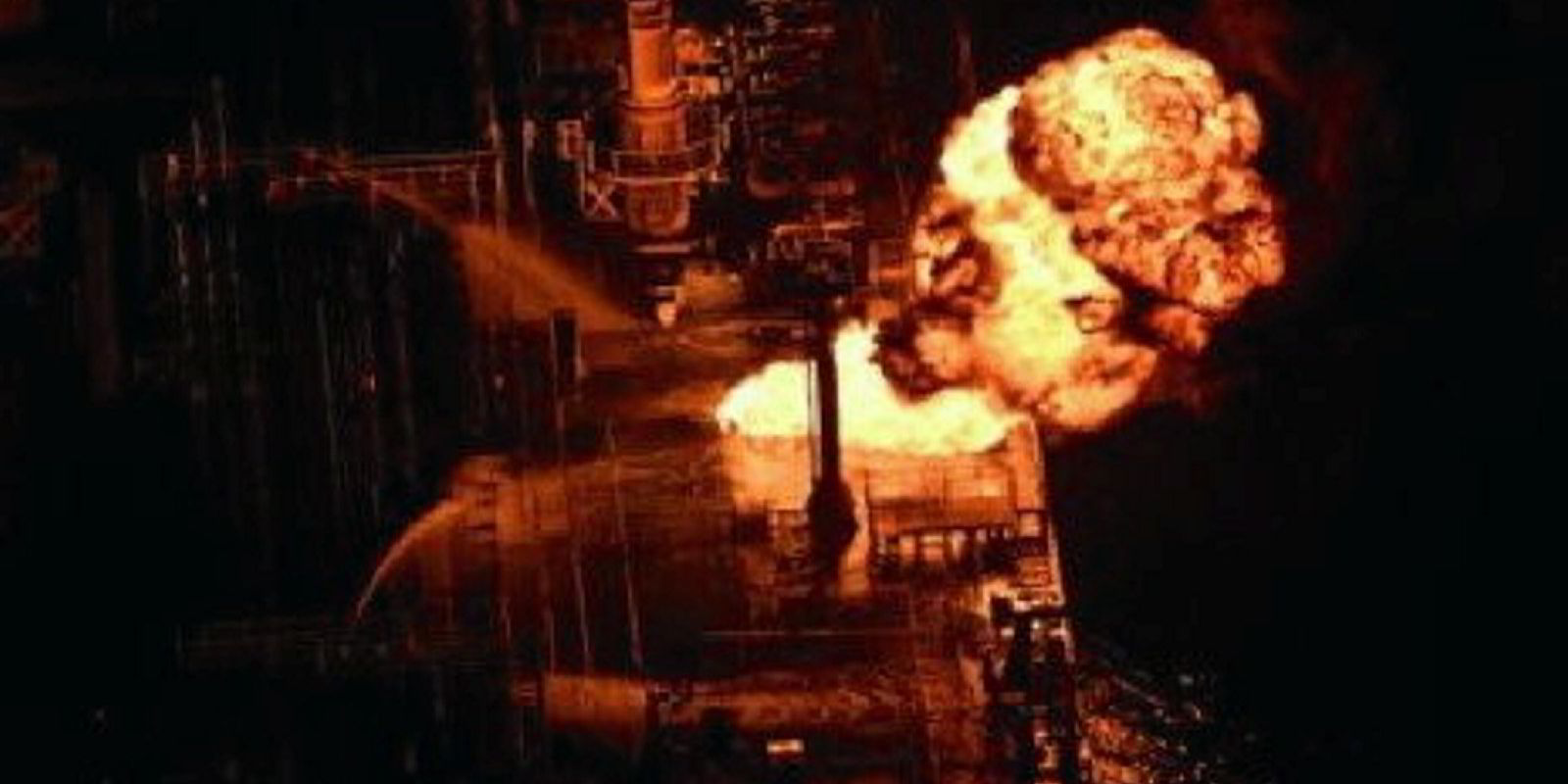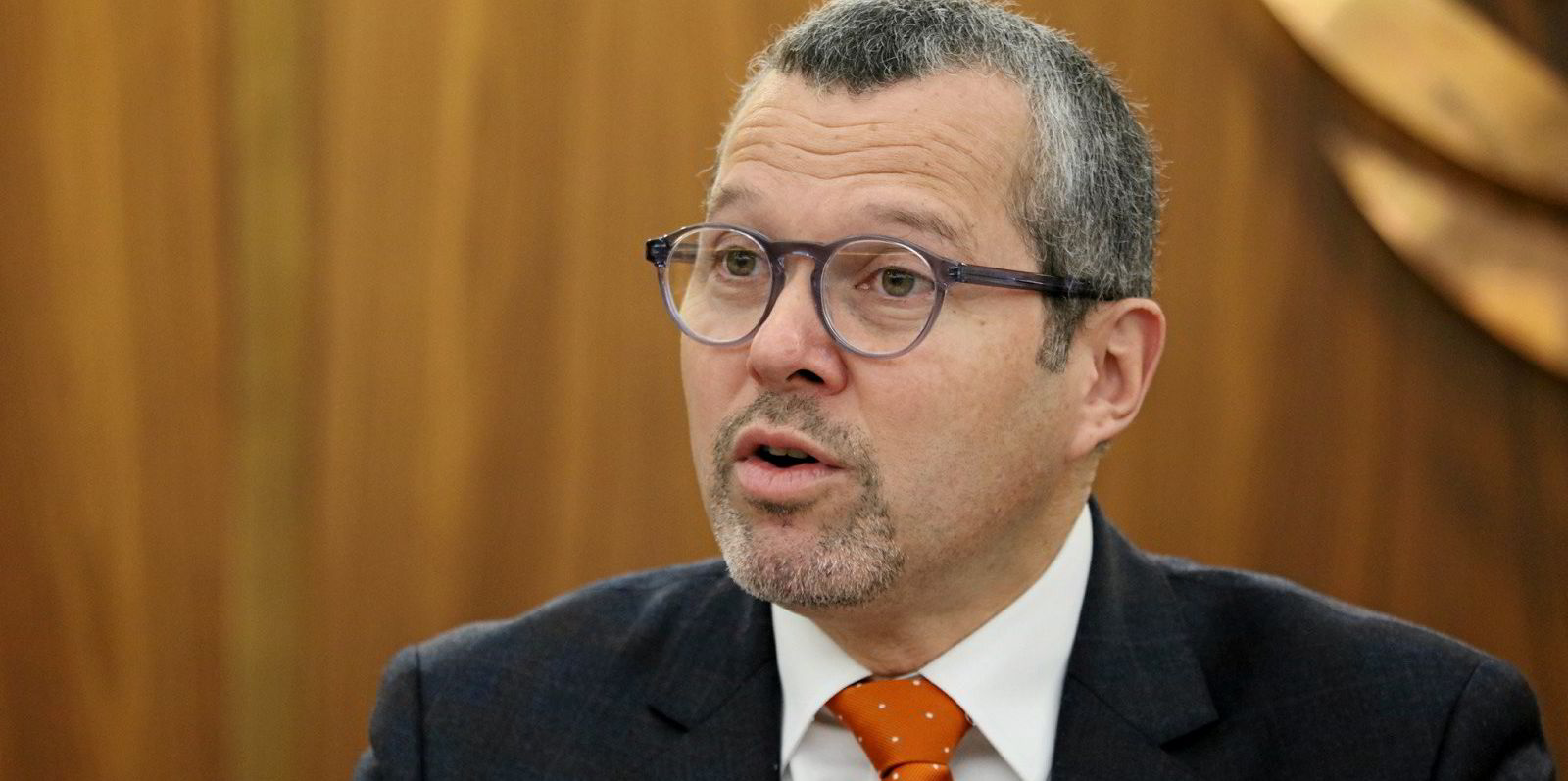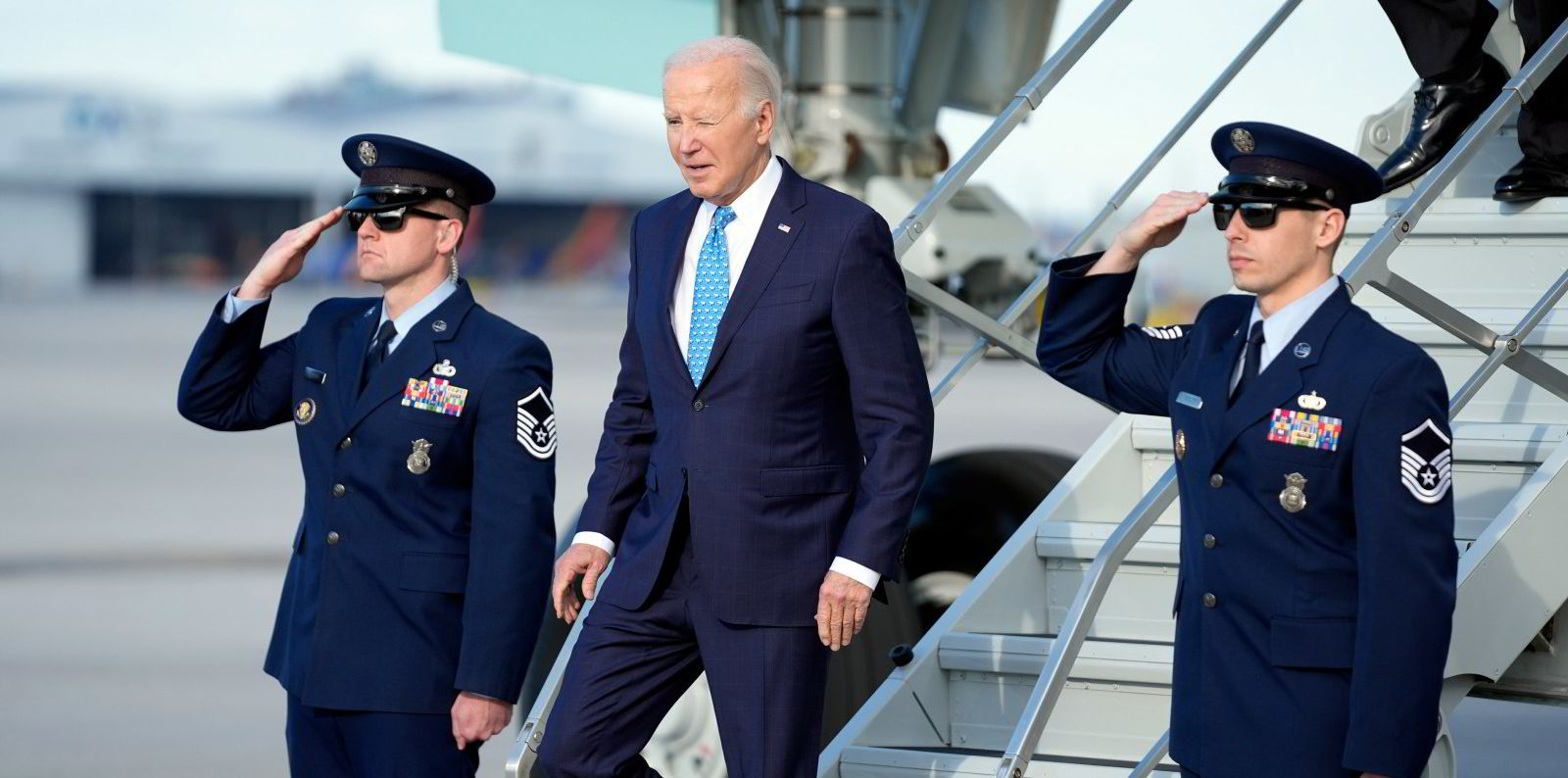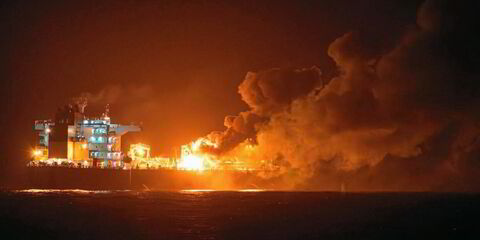Shipping faces an uphill task to attract seafarers as attacks in the Red Sea highlight the vulnerability of frontline workers in global trade, the head of the International Maritime Organization said on Thursday.
Secretary general Arsenio Dominguez described seafarers as the “innocent victims” of heightened tensions in the Middle East, targeted just for doing their jobs.
He condemned the attacks on commercial shipping, called for a de-escalation of the crisis and repeated his demands for the release of the car carrier Galaxy Leader and its crew.
The 5,100-ceu Galaxy Leader (built 2002) was hijacked by Houthi militants on 19 November, the first of a string of attacks that stretched through December and into the new year.
The targeting of shipping prompted repeated US-led airstrikes targeting Houthi sites in Yemen, but the attacks on merchant vessels have continued.
They included a Houthi missile strike last week against the Marshall Islands-flagged, 110,000-dwt Marlin Luanda (built 2018), which started a fire and persuaded more operators to divert vessels via the Cape of Good Hope.
Dominguez told reporters that he had spoken to a 20-member group of nations from the region, including Yemen, to work out how to improve security for shipping, including using funds from wealthier nations.
“The current situation doesn’t paint the best picture,” he said during a briefing at the IMO’s London headquarters. “We have an uphill battle to attract seafarers in the future.”
The secretary general said the organisation is actively seeking to revise its security guidance for shipping, particularly for vessels traversing the Suez Canal and the Red Sea.
He cited advice drawn up to combat the threat from Somali piracy around 2010, which included using armed guards on ships to deter attempts to board.

“Of course, the situation is slightly different and we need to learn from it,” he said.
“The industry … is reassessing the effectiveness of the current guidelines. Because there are new threats. They have now changed from the way that piracy was taking place over 10 years ago to the use of technologies like drones.”
The IMO’s maritime safety committee, which meets in May, will consider how to update the advice after feedback from member states and the industry.
Dominguez’s focus on seafarer welfare comes as the industry is grappling with a shortage that has been worsened by Russia’s invasion of Ukraine.
Russians and Ukrainians combined accounted for about 15% of the world’s 1.89m seafaring population, according to Bimco and International Chamber of Shipping figures for 2021.
During the pandemic, crews were held on ships for months. Difficulties in connecting seafarers with their families through ship-based internet are also cited as reasons for problems with recruitment and retention.
A survey by Danica Crewing Specialists in November suggested that pay has surged, particularly for senior ranks, largely because of the crew shortages.
The IMO is working with other United Nations organisations, unions and industry groups on ways to attract seafarers and prepare them for the energy transition and autonomous shipping, said Dominguez.(Copyright)
Read more
- Outcome of ransom talks on hijacked bulker key to future of Somali piracy, says EU
- Two piracy groups on the prowl in Indian Ocean, warns UKMTO
- Shadow fleet tanker detained in Gibraltar after ‘Russian crew left unpaid’
- Pirates switch focus from ships to fishing boats in the Indian Ocean
- Iran seizes tanker and crew as regional tensions close to boiling point




